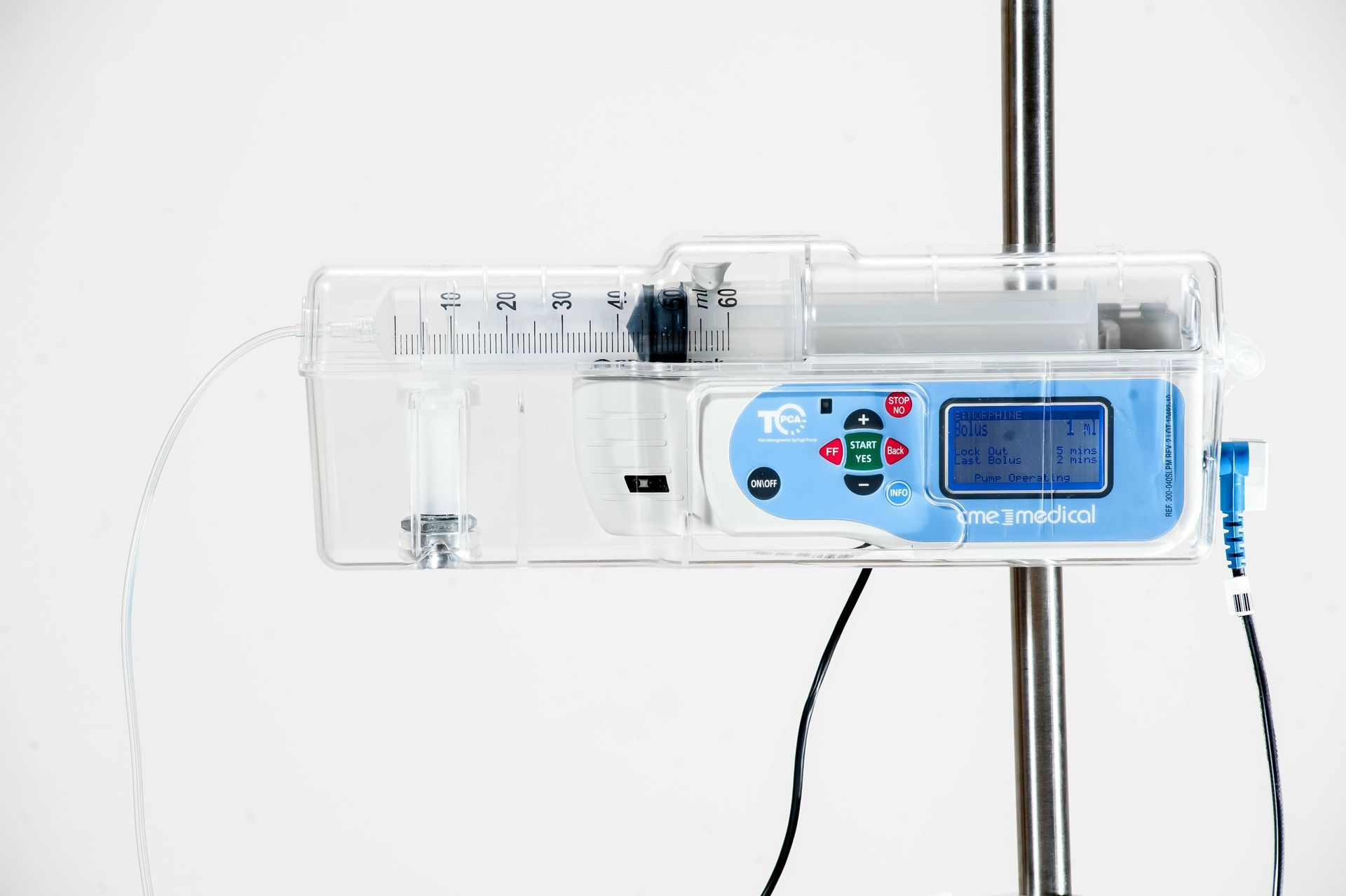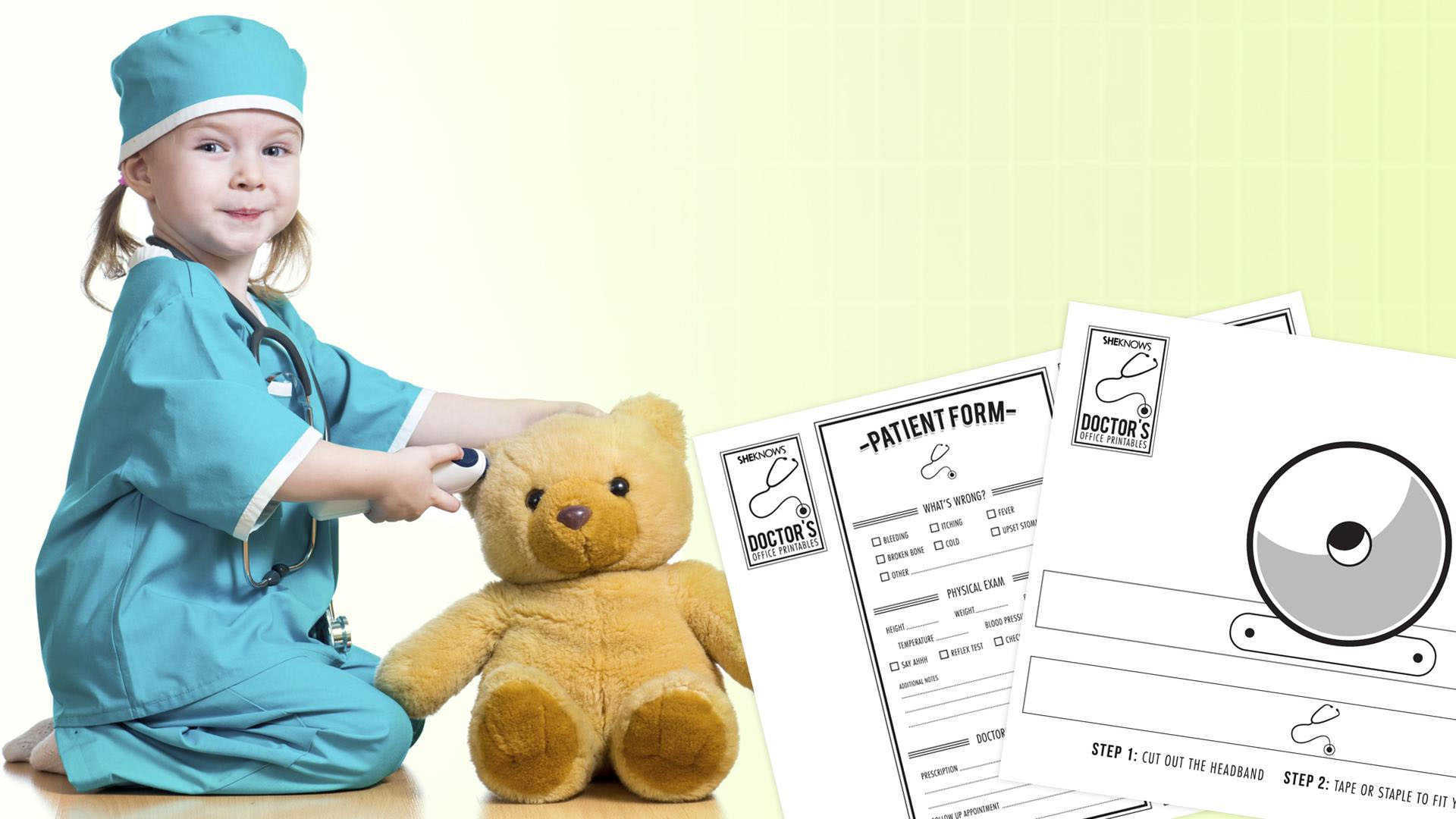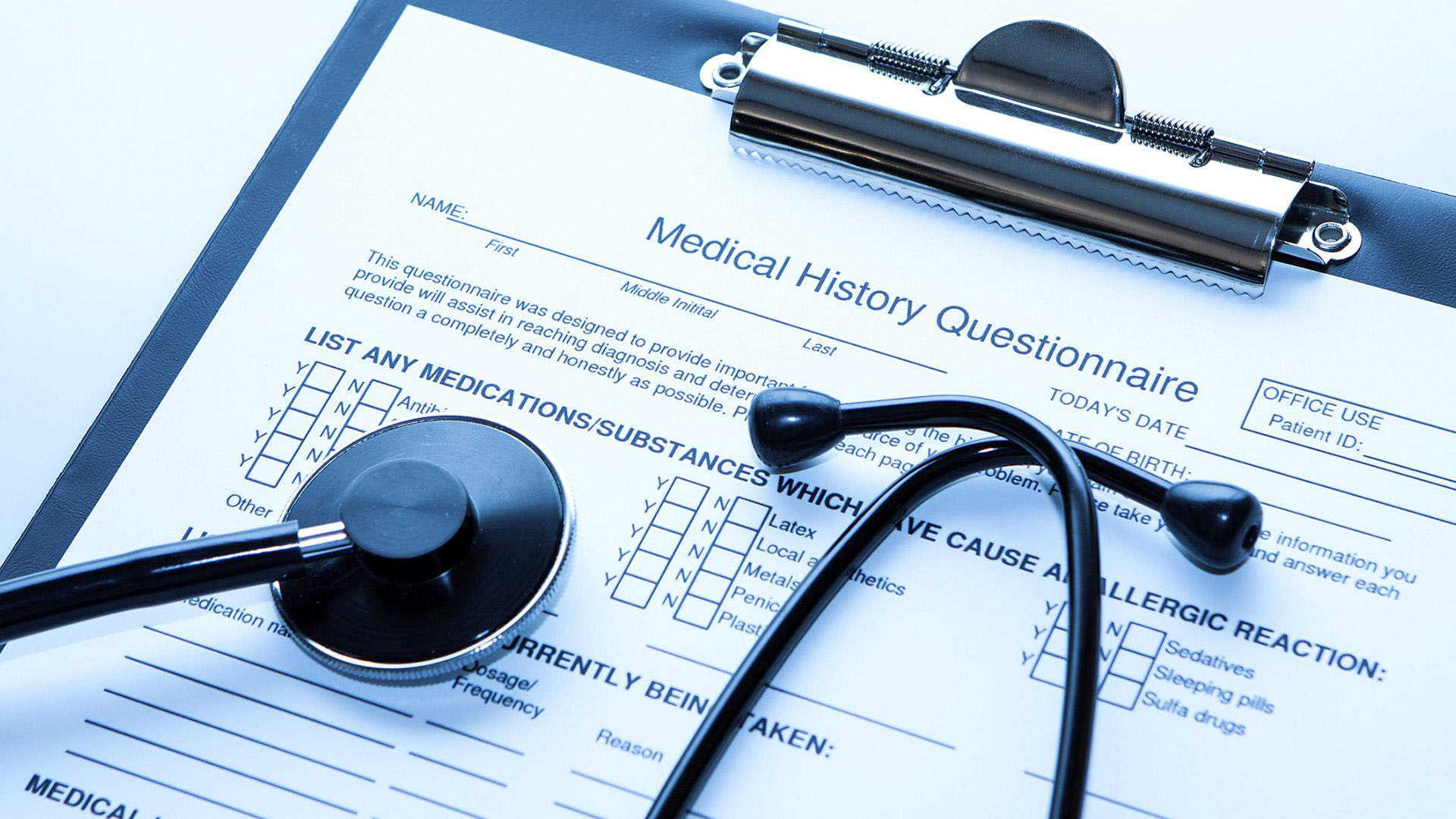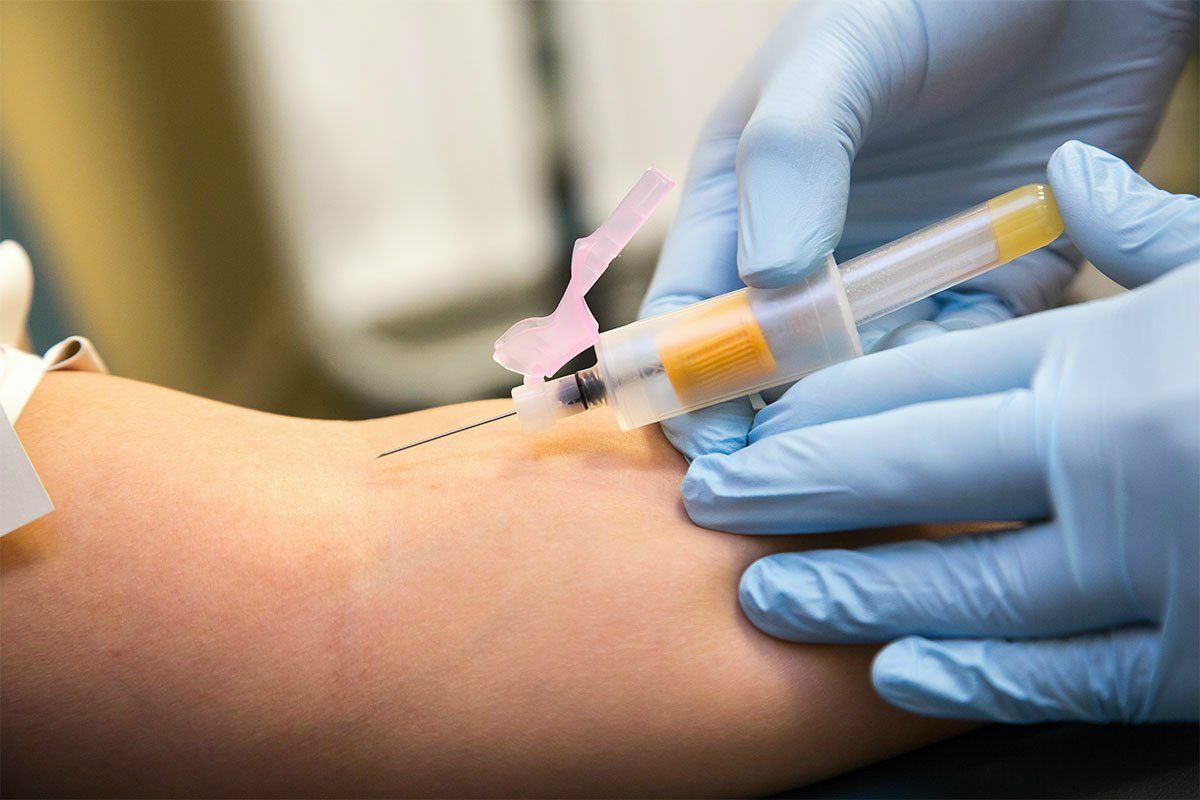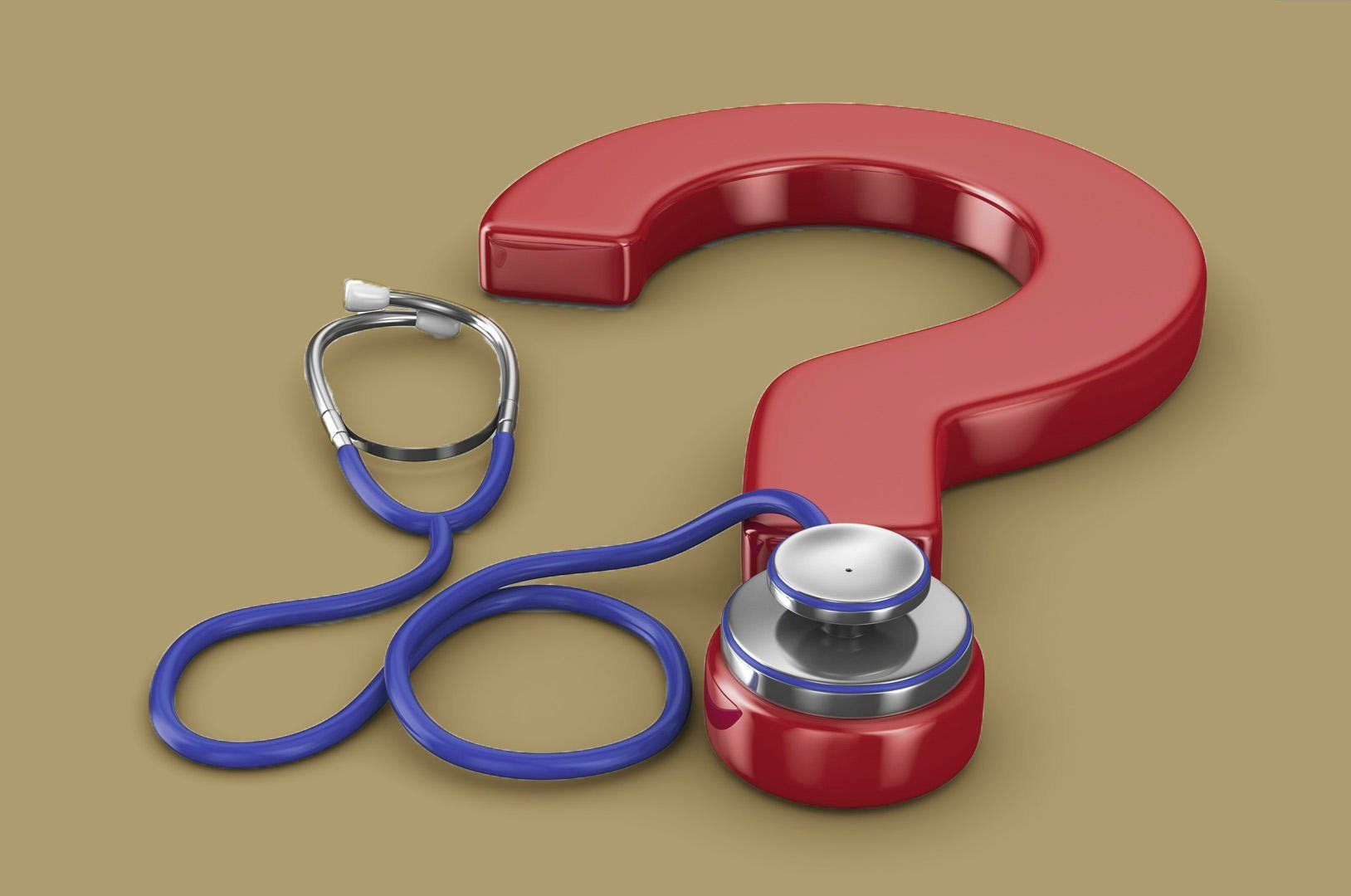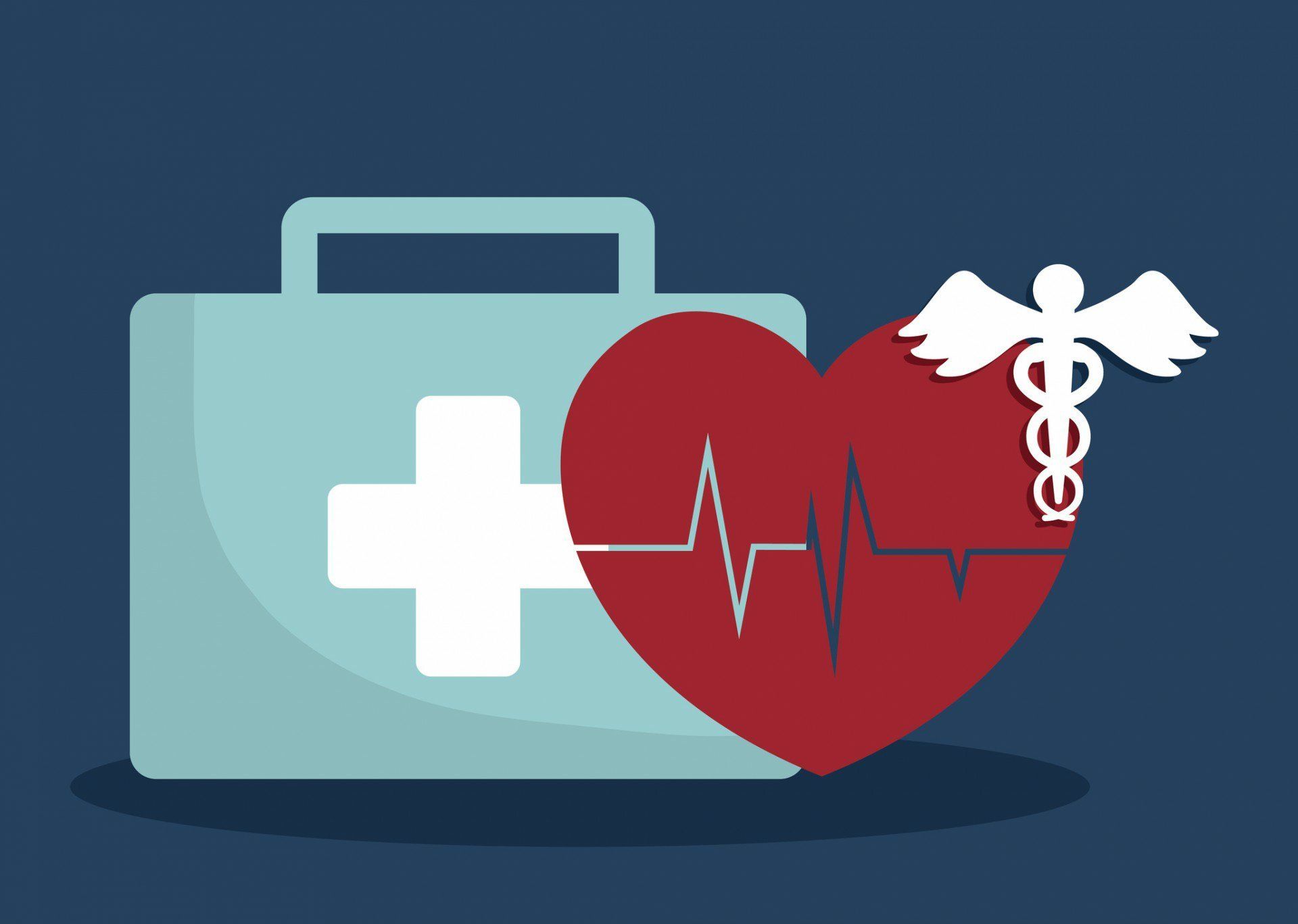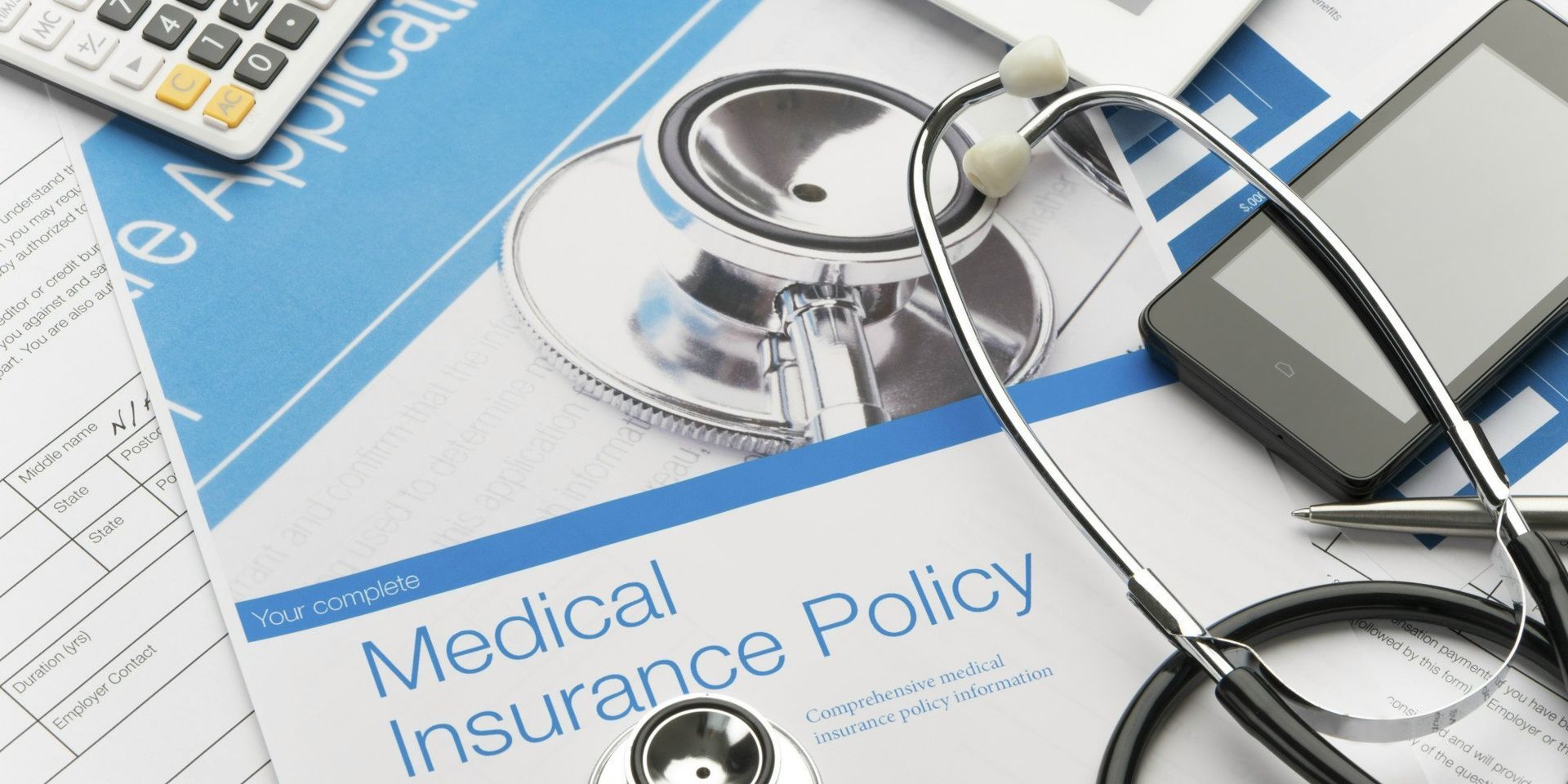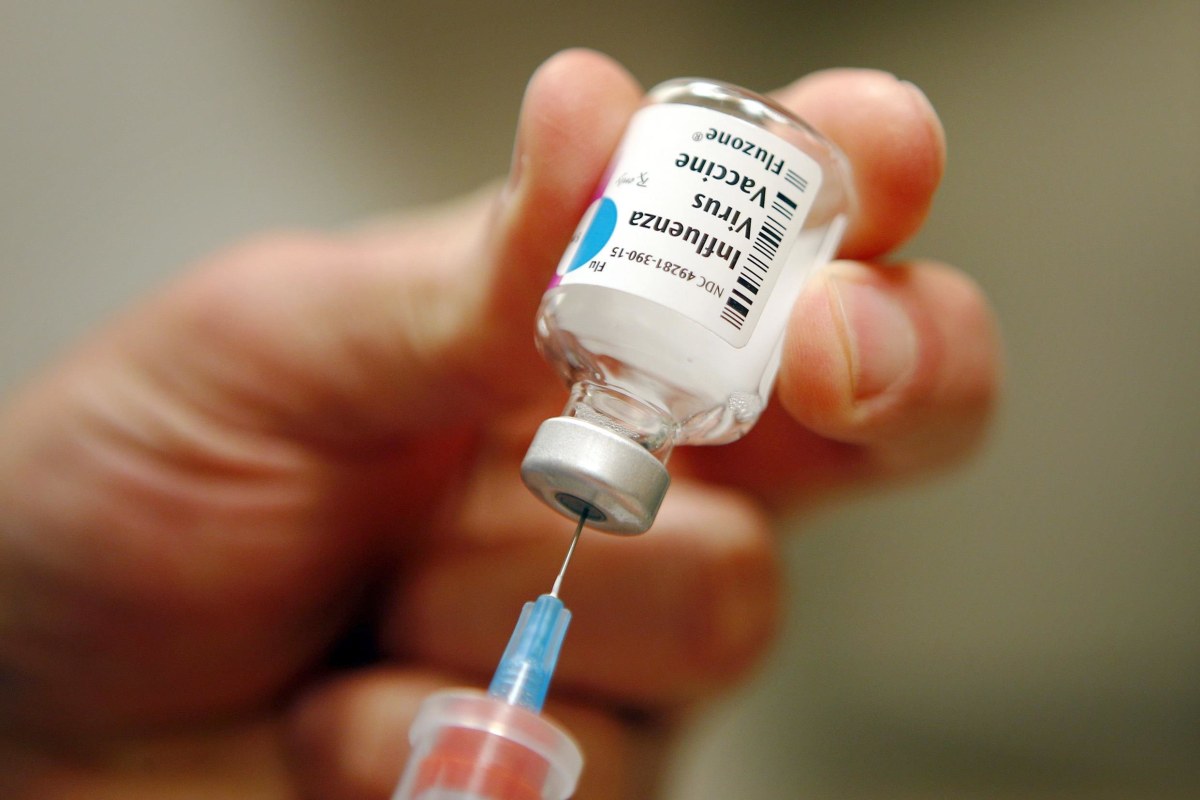The clipboard felt like a lead weight, balanced precariously on my knee as I sat, surrounded by the muted murmurs of the waiting room. My pen hovered over the lines, those deceptively simple questions about my habits, my feelings, my deeply personal life. “Alcohol consumption?” I mentally edited the truth, shaving off a glass or two, just in case. “Sexual partners?” A swift, internal calculation simplified the answer, glossing over complexity, creating a sanitized narrative for the stranger who’d soon hold my fate, or at least my prescription, in their hands. That familiar cringe, that internal tightening, wasn’t about shame, not primarily. It was a pre-emptive strike against judgment, a protective shield against the potential for an arched eyebrow, a subtly altered tone, a record that might follow me for years. We call it “medical intake,” but for many, it’s a high-stakes performance, and the stage is utterly exposed.
This isn’t just about comfort or some vague idea of “convenience.” That word, “convenience,” is a polite euphemism we deploy to mask a far more profound and pervasive issue: the stark lack of psychological safety within our healthcare system. It’s a silent barrier, invisible on official reports, yet it looms larger than any waiting list or co-pay for countless individuals. When we cannot be completely honest with the very people entrusted with our well-being, healthcare ceases to be a haven and becomes another arena where we must defend ourselves.







/462315599-56a492c83df78cf772830a50.jpg)






